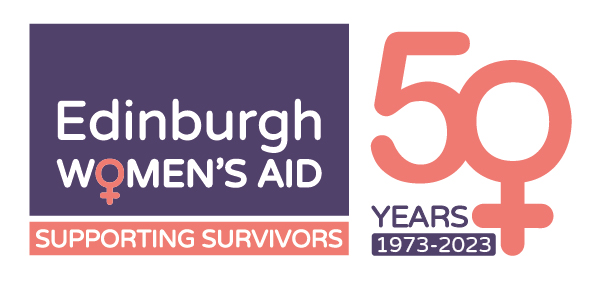Multi-Agency Risk Assessment Conferences (MARAC)
Edinburgh Women’s Aid carry out risk indicator checklists with women who use our service when we are doing safety planning with you – so that we can ensure the safety plan is relevant to your needs. The ‘risk indicator checklist’ was developed using evidence from cases in England and Wales where women had been murdered by their partner or ex-partner. The cases showed that a pattern of behaviour could indicate a heightened risk of being seriously harmed by the perpetrator.
If we are worried about you being seriously harmed we will tell you and we will work with you to reduce your risk. We know that you are the expert in keeping yourself safe and we will acknowledge everything that you have done and are doing to keep yourself safe and we will work with you.
If your risk is high we may refer you to a Multi-Agency Risk Assessment Conference (MARAC). Edinburgh Women’s Aid co-ordinates the Edinburgh MARAC which meets every four weeks. At these meetings local police, health, child protection, housing practitioners, domestic abuse services, probation and other specialists from the statutory and voluntary sectors meet and share information that we have about your safety and the behaviour of the perpetrator.
After sharing all relevant information we have we discuss options for increasing your safety and turn these into a co-ordinated action plan. The primary focus of the MARAC is to safeguard you. At the heart of a MARAC is the working assumption that no single agency or individual can see the complete picture, but all may have insights that are crucial to your safety. You do not attend the meeting but if you are referred by us, you will be represented by our high risk senior support worker and we will ensure that we communicate your views and advocate for you. We will feed back the actions that were agreed at the meeting to you as soon as we can. We will continue to provide support to you after the MARAC meeting.
The typical actions that might be agreed at a MARAC include:
• All agencies: Identifying high risk victims so they can provide an enhanced and responsive service in the event of an incident.
• Police: Taking further action against the perpetrator if required; target hardening; providing panic alarms.
• Health: Heightened awareness by health professionals around injuries sustained; ensuring that the victim is separated from the perpetrator upon presentation so that she is attended to by health professionals whilst she is alone.
• Children and Young People’s Services (CYPS): Give additional support to the family; making referrals to children and adolescent services.
• Housing: Assisting with finding alternative accommodation; supporting applications for housing benefit and homelessness; implementing safety devices on the home property.
• Education: Sharing information with appropriate staff to support children effectively; monitoring school performance and behavioural issues.
• Probation: Using information from MARAC for pre-sentence report writing.
• Drug and Alcohol team: Fast tracking access to specialist services and support.
Credit for the information on this page goes to Safelives.
